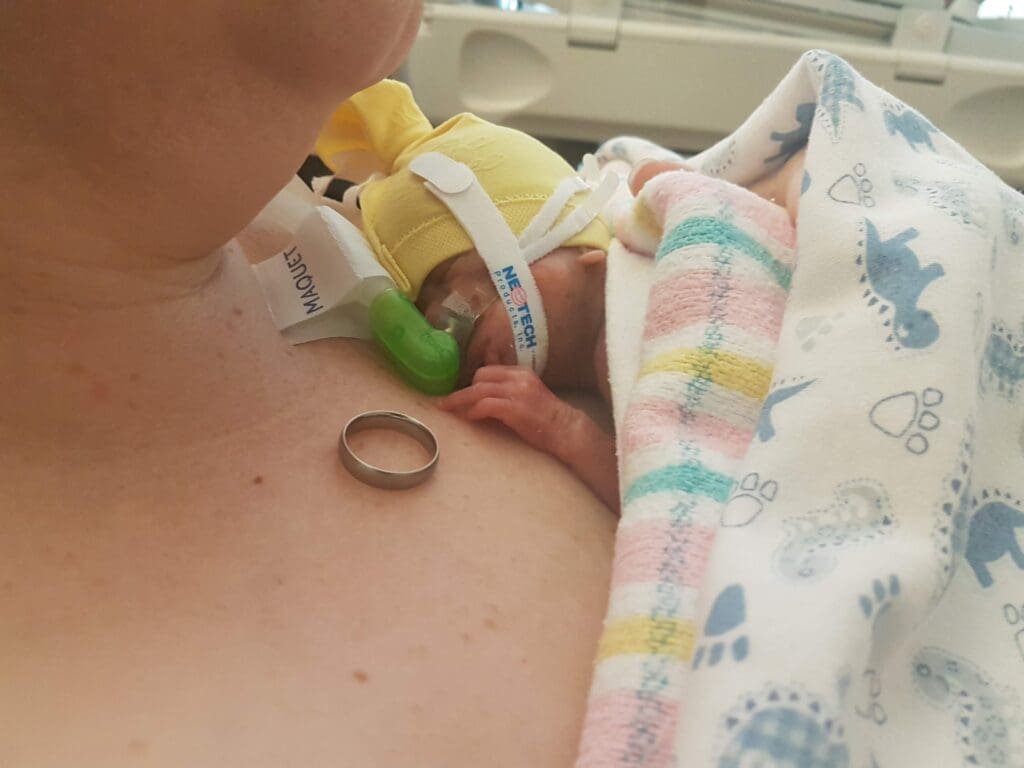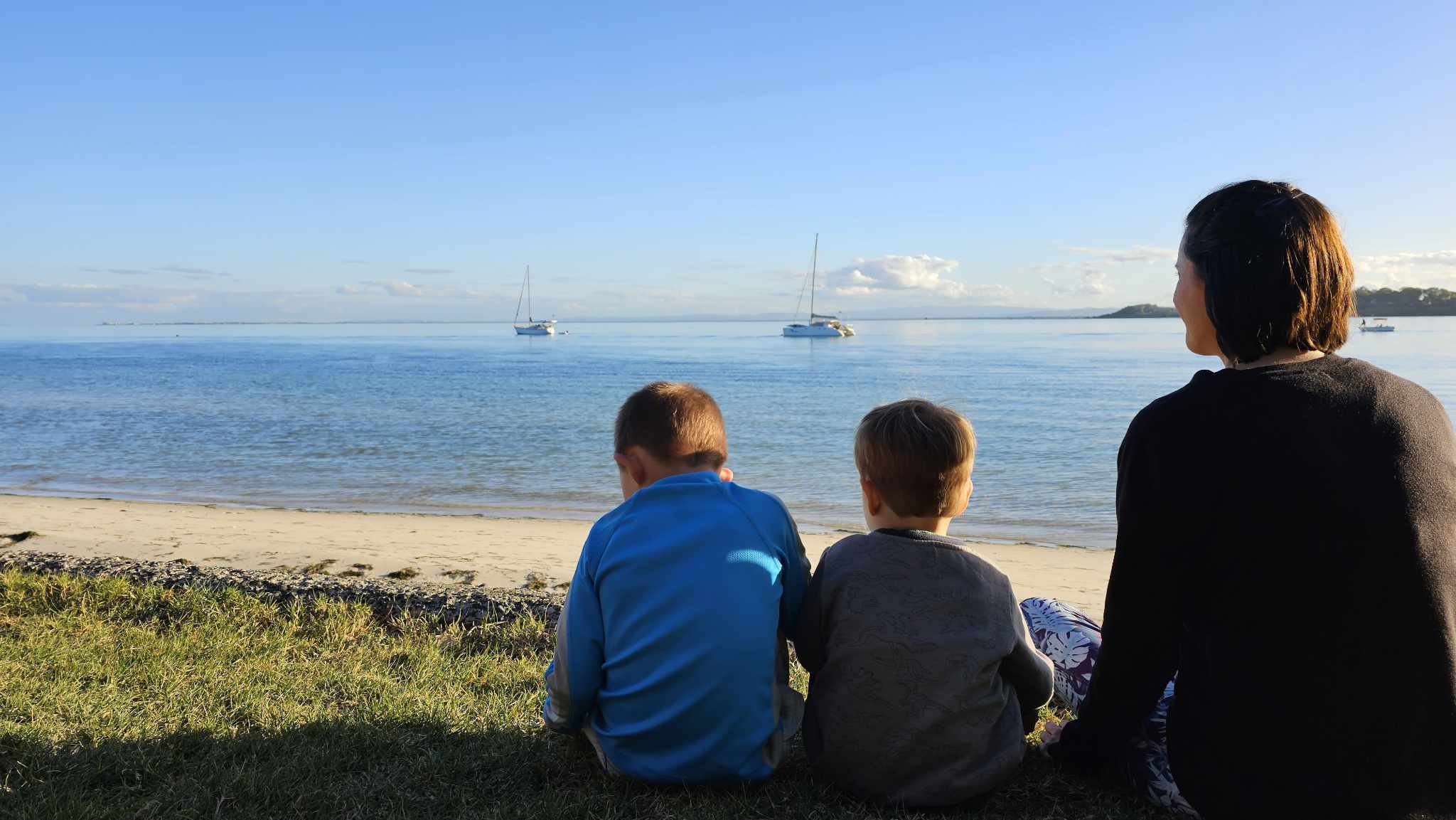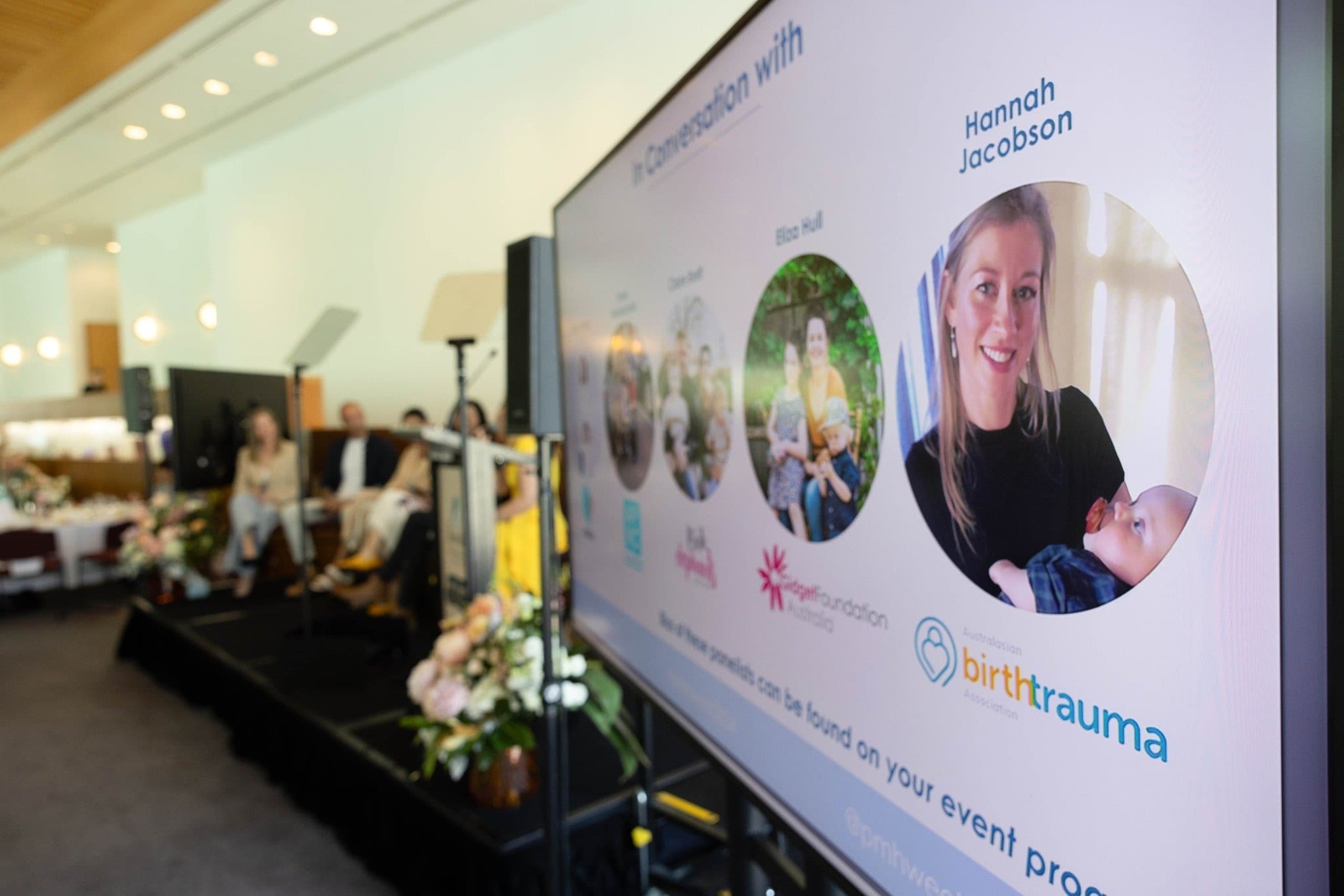Here is my story about Cerebral Palsy..
My hard won pregnancy with Oscar was perfectly normal, until it wasn’t. I was 25 weeks pregnant and my husband and I were visiting his parents, four hours from home, while I was still in the “safe” second trimester. When I woke in pain in the middle of the night, my first thought was food poisoning, not contractions. It wasn’t until I started bleeding that I insisted my husband drive me to the local hospital.
The pains came and went, intense and regular. Still, I didn’t imagine I was in labour. I thought I would be checked over and sent home, an anxious first-time mum. Instead, the midwife called the on-call doctor. The pains were contractions. I was fully dilated. The baby was coming, fast, in an ill-equipped country hospital.
I remember little about the hours that followed. Things happened around me and to me. I was told not to move, in the hopes that a neonatal team, or at least a paediatrician, would arrive before the baby did. The fear and the pain were intense, and I went inside myself to cope. I believed we were going to lose this much wanted baby.
A paediatrician arrived with the bright light of morning, and minutes later I gave birth to my son. He was swept off to a far corner of the room and resuscitated. I had the briefest moment of skin to skin with my impossibly tiny baby before my husband and I were whisked away to make room for the neonatal team that would soon arrive. It seemed there was hope.
That afternoon we were transferred to Flinders Medical Centre. Oscar spent four months in the neonatal unit there, most of it in the NICU. At first it felt like his life was on a knife’s edge. But as he grew stronger, the fear of losing him was overtaken by fears about what his future would hold.
Top of the list of fears was cerebral palsy. Although there was no evidence of stroke or injury on ultrasound, the risk of cerebral palsy for babies born extremely preterm is high. Oscar was monitored for cerebral palsy throughout his first year, and his physiotherapist began to express concerns early on. His ankles and hips were stiff, his hands remained in fists much of the time, and by his first birthday he still could not sit without support. Oscar was referred to an Early Detection Clinic, where a rehabilitation consultant told us he strongly suspected cerebral palsy, which he later confirmed with an MRI.
I got home after that appointment at the Early Detection Clinic, sat on the couch and sobbed. It felt like the end of the world. But it wasn’t. A year later, I wish I could hold that mama and reassure her. This is what I would tell her.
Cerebral palsy isn’t as scary as you imagine it to be.
Cerebral palsy presents along a spectrum. You’re imagining a child who can’t eat, can’t speak, can’t roll over in bed. But that’s not your child’s future. When you drop your expectations for your baby’s development, you will be amazed by what he achieves in his own time, in his own way.
This diagnosis doesn’t change who your child is. He is still the same brave, cheeky, determined, affectionate kid he has always been. He has the same winning smile, infectious giggle and stubborn streak. Your child can have a full and happy life. He just needs some extra support to do it. Your job is to give him that support and watch him blossom.
It’s okay to grieve.
The future you imagined for your child, your family and yourself has evaporated. It’s okay to be sad about that. Life may look different to what you imagined. You may never kick a footy around or go skiing together. You will have moments of great sadness for what will no longer be. Find people you trust to share that with. It doesn’t mean you love your child any less. But know these moments will be fleeting. You will start to imagine and forge a beautiful new version of the future. You don’t have to stay in your grief.
Find your tribe.
This gig can be tough; medical and therapy appointments to juggle, the disability system to navigate, vigilance about your child’s health and development, and finding new ways to do ordinary parenting tasks. You need a team of professionals, family and friends around you. Your little tribe will help you troubleshoot your unique challenges, empathise with you, celebrate little victories with you. They will be there to laugh and cry with you, and be amazed by your child too. Having these people in your corner will get you through the tough days.




